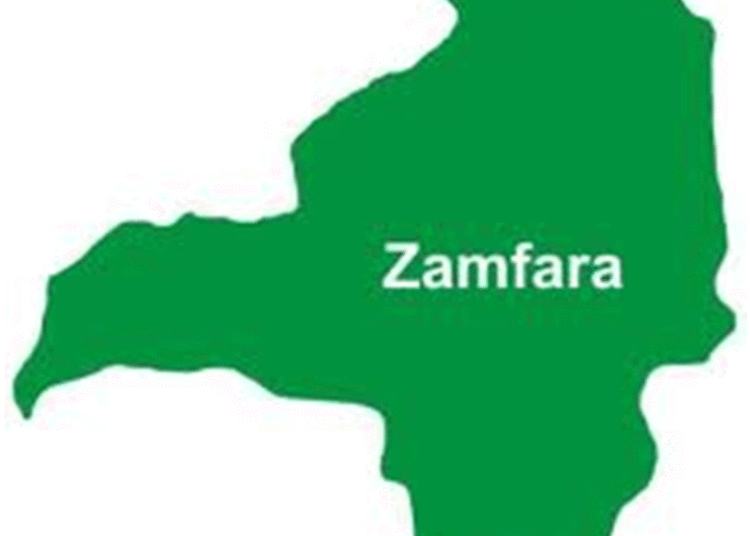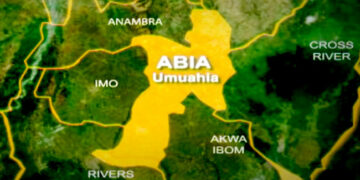The government’s repeated assurances that the security situation in the country is being addressed—and that there has been remarkable improvement with thousands of terrorists and bandits neutralised—betray the true situation on the ground, especially in the worst-hit areas.
In Zamfara State, for instance, where residents, particularly those in rural communities, have continued to endure sustained attacks, killings, and displacement by bandits, these assurances from the government and its security operatives ring hollow.
How else could such assurances sound to people who have been driven from their ancestral homes, denied access to their farms, and, in many cases, forced to pay “fines” to non-state actors simply to till their land or harvest their crops?
It is now common to see entire communities displaced, just as it is common to see villages where residents abandon their homes at sunset, returning only at dawn—because spending the night is synonymous with signing one’s death warrant.
For residents of Zamfara’s worst-hit communities, most of whom depend almost entirely on farming and trading, life could not be crueller. They are denied access to their farms, prevented from going to market, and trapped in constant fear of attack. Grim as it sounds, this is the lived reality of communities across Zamfara, Sokoto, and Katsina states.
If anyone thinks the residents are taking this lightly, they are mistaken. Only recently, people from several communities in Gusau Local Government Area of Zamfara State staged a protest, demanding an end to the seemingly intractable killings that have worsened with the surge in bandit attacks.
In their numbers, the protesters marched through the state capital and converged at the gates of the Government House in Gusau—perhaps to remind the governor, as the state’s chief security officer, that there has been no improvement in their plight.
There is no contesting the fact that the security of lives and property remains the foremost reason for the existence of government. Has the Nigerian government not failed the residents of these worst-hit communities? Will there ever be an end to the wanton killings, abductions, and displacements that have become the new normal for much of Zamfara?
Several factors, including collusion by some residents who act as informants for the bandits, have made the security challenge intractable. Reports abound of unscrupulous security personnel, traditional rulers, and even ordinary residents aiding these criminals. Such collaborators are the reason killings and other atrocities continue to thrive.
We recall that in 2022, former Governor Bello Mohammed Matawalle signed a law prescribing the death penalty for bandits, kidnappers, cattle rustlers, cultists, and other criminals as part of his administration’s effort to end insecurity in the state.
The law—the Prohibition and Punishment for Banditry, Cattle Rustling, Cultism, Kidnapping and Other Incidental Offences Act—was intended to improve Zamfara’s deplorable security situation.
Interestingly, the law also prescribes life imprisonment or 10–20 years in jail, without the option of a fine, for those found guilty of supporting or aiding banditry, kidnapping, and related crimes.
Three years on, the security situation has hardly improved. The government and security agencies have failed to make concerted efforts to prosecute those accused of aiding and abetting banditry, even as cattle rustling, kidnappings, and similar crimes occur almost daily.
This grim state of affairs points to one reality: the current approach has not yielded the desired results. The need for the government to rethink its strategy cannot be overstated. We cannot continue to do the same thing and expect different outcomes.
It is deeply troubling that, in the face of this crisis, Nigerians appear more fixated on the 2027 general elections than on the security emergency engulfing parts of the country.
If the long-overdue protest by Zamfara residents tells us anything, it is that the people are running out of patience—and they have every reason to be. Governments at all levels must be deliberate and decisive in addressing the economic and security crises confronting the nation, or risk an even greater backlash from citizens.
The Zamfara protest is more than a cry for help—it is a wake-up call.





